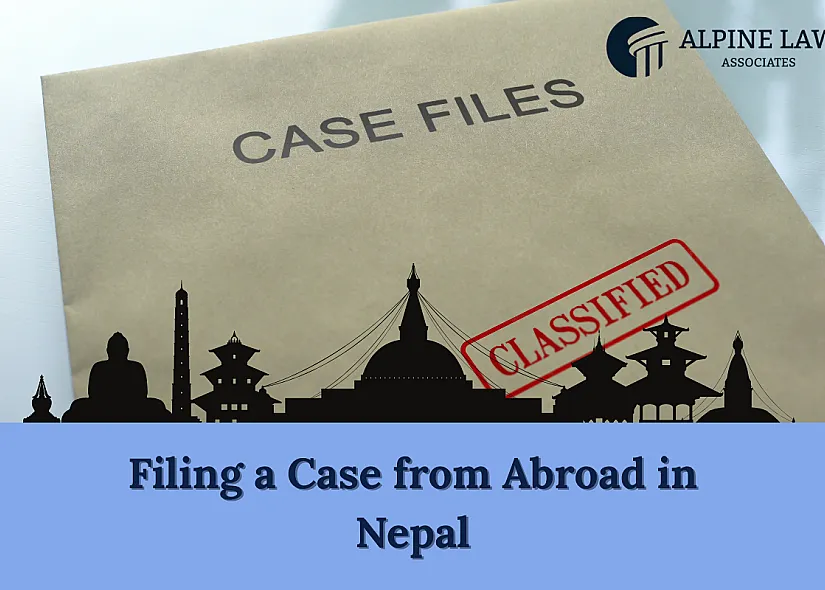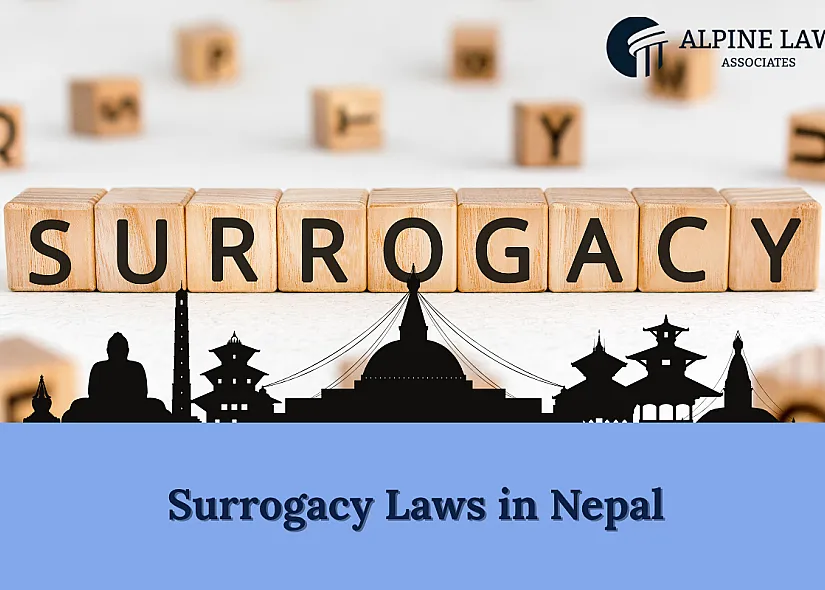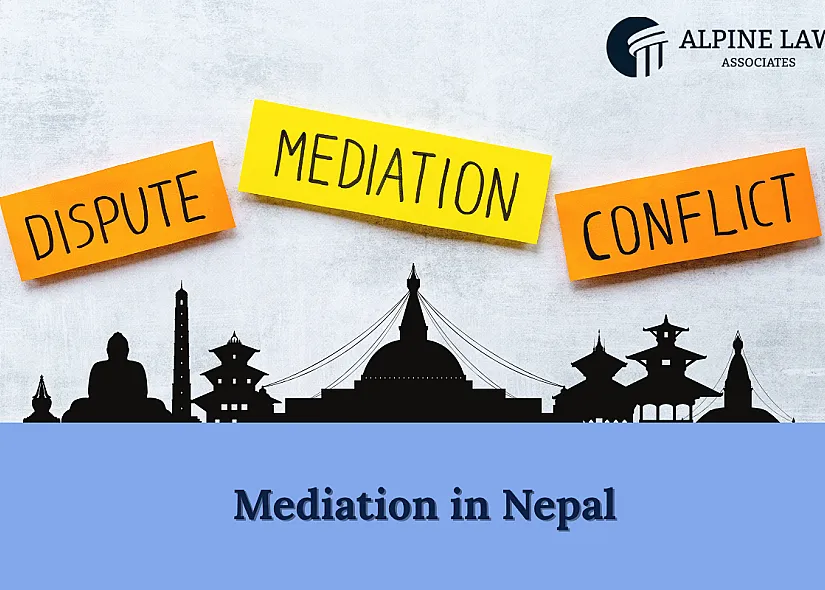Adoption in Nepal: Legal Process, Requirements, and Responsibilities
Adoption in Nepal is a legal process guided by Chapter 8 of the Muluki Civil Code, 2074. This law lays out the conditions for adoptive parents, eligible adoptees, consent procedures, and legal responsibilities. From filing petitions to handling documentation, the process ensures transparency and the protection of both adopters and children. Alpine Law Associates, a full-service legal firm in Nepal, offers complete legal support for domestic and NRN adoption cases. Our experienced lawyers guide clients through every legal step with compassion and professionalism, making family-building through adoption a safe and fulfilling journey.



-thumb_big.webp)

-thumb_big.webp)
-thumb_big.webp)
-thumb_big.webp)
-thumb_big.webp)
-thumb_big.webp)
-thumb_big.webp)
-thumb_big.webp)
-thumb_big.webp)
-thumb_big.webp)

-thumb_big.webp)

-thumb_big.webp)
-thumb_big.webp)